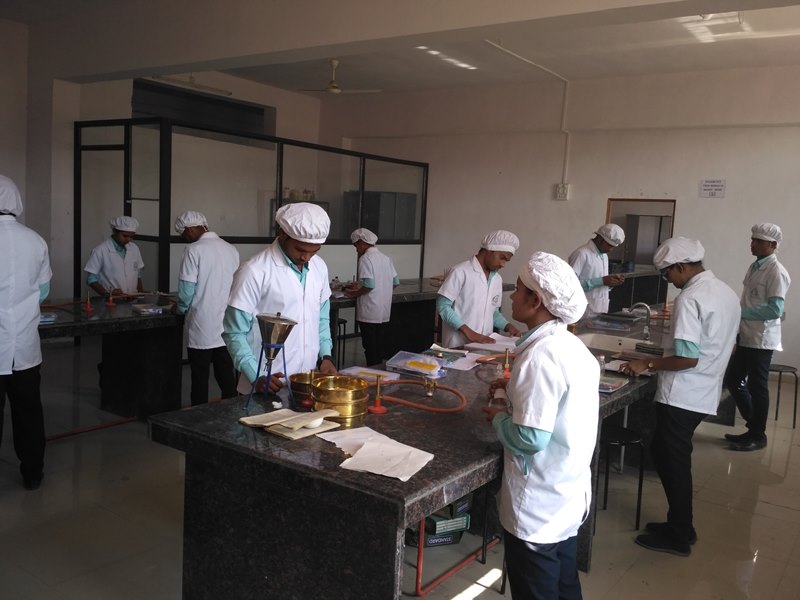Pharmacognosy Introduction
The department of Pharmacognosy is responsible for imparting studies in the field of Pharmacognosy for the B.Pharm students. The department is actively engaged in the research activities like phytochemical investigations which include isolation, identification, characterization and pharmacological evaluation of traditionally important plants. Ethno botanical survey of medicinal plants has been carried out in western ghats and the data collected were preserved in the department. Various traditionally used plant drugs were screened for the pharmacological activities like hepato-protective activity, anti-oxidant activity, anti-inflammatory activity etc., The department is also engaged in the standardization of various poly herbal formulations with the help of recent chromatographic techniques. The department of Pharmacognosy has the laboratory of modern pharmacognosy & phytochemistry and Crude drug museum.

Career Prospects:
There are lots of opportunities for the one who have completed M.Pharm in pharmacognosy beside teaching. Work in R&D units of various herbal drugs manufacturing companies like Himalaya in bangalore, Sami labs, Dabur.along with it work as a clinical coordinator in various pharma companies, QA Analyst and Regulatory affairs departments.
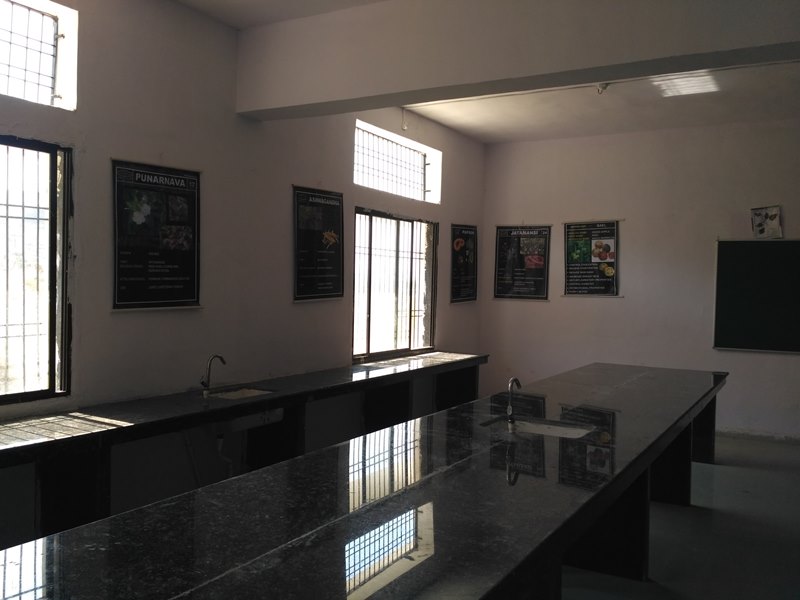
Pharmaceutical Chemistry Introduction
The subject of Pharmaceutical Chemistry plays a vital role in grooming a student into a true Pharma Professional. A deep knowledge on the design of Newer Chemical Entities, their molecular and bio-isosteric modifications developed to target drugs to the specific targets, elucidation and characterization of compounds, isolation of a bioactive compound from various natural products, QSAR, Docking, combinatorial and microwave techniques are extremely interesting and innovative.
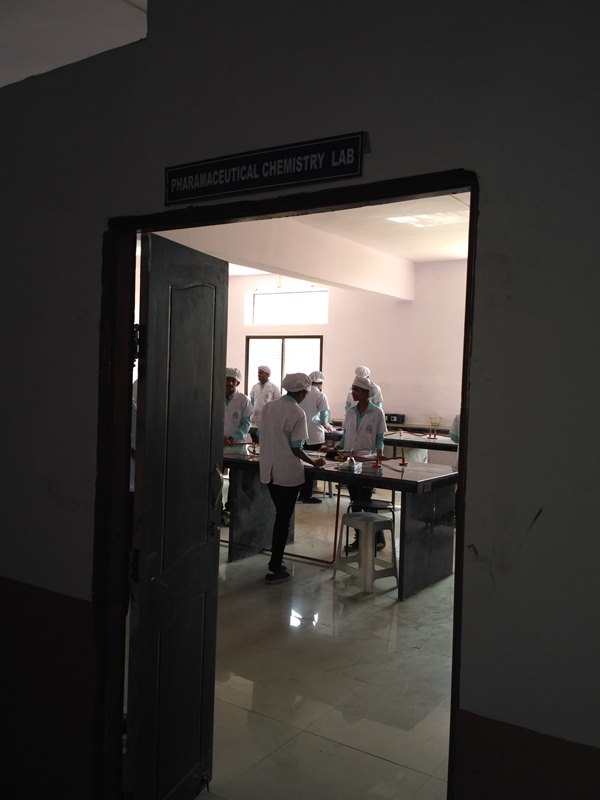
Career Prospects:
After obtaining degree in M.Pharm (Pharmaceutical Chemistry) course, Students have wide range of opportunities to work in quality control or quality assurance departments of pharmaceutical industries as analytical chemist and executive in bulk drug, natural products, and drug formulation industries and to work as scientist in analytical method validation and analytical research development department of pharmaceutical industries. The job opportunities also possible in government drug testing laboratories as analyst or as chemist or as scientist.
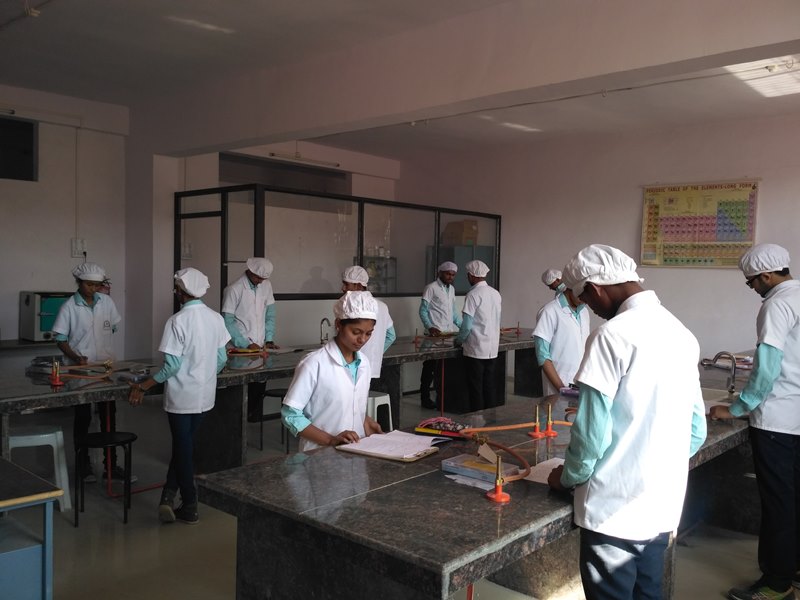
Pharmacology Introduction
Pharmacology is the study of interaction of drugs with living system - what they are, how they work and what they do. It includes the study of the manner in which the function of living tissues and organisms is modified by chemical substances and the Pharmacology is commonly subdivided into pharmacodynamics (the biological effects of drugs) and pharmacokinetics (absorption, distribution, metabolism and excretion), also expressed as, respectively, the effects of drugs on the body and the effect of the body on drugs.
The subject is immensely broad and covers large areas of physiology, biochemistry and toxicology, all of which are concerned with the effects of chemicals on living organisms.
Another aspect of pharmacology is the study of the fate of drugs once they have entered the body (i.e. their absorption, distribution, metabolism and excretion). Obviously this is crucial information for drugs destined for use in the clinic.
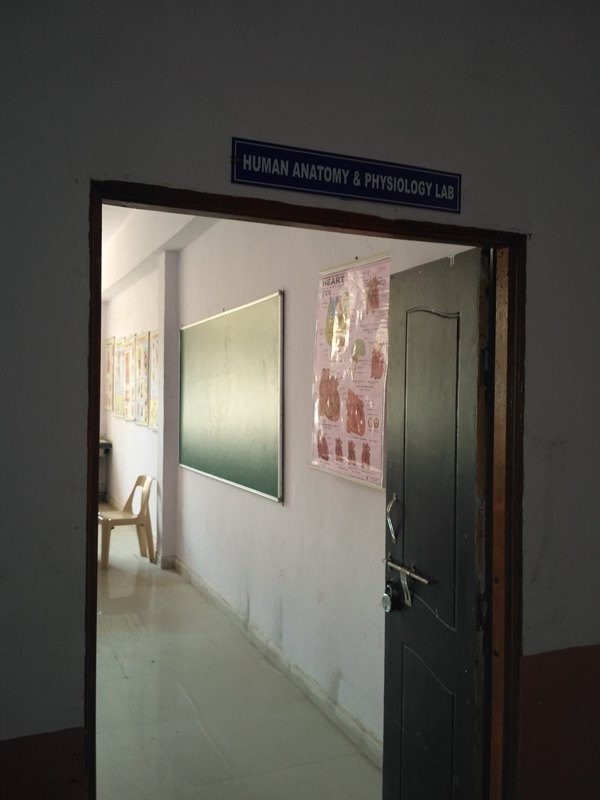
Career Prospects:
After completion of M.Pharm Pharmacology students have multiple opportunities like clinical trials (as clinical data manager, clinical research associate etc) They also have opportunities in Research and development division in any Pharmaceutical industry, preclinical research and can choose academic field.
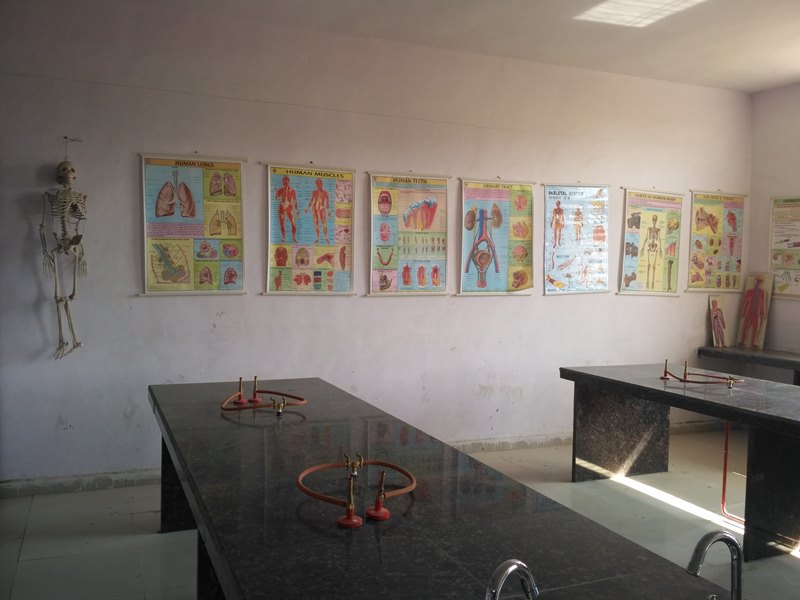
Pharmaceutics Introduction
Pharmaceutics is the science of drug delivery. In a broad sense, it involves: preparation and stability of suitable dosage forms, design and evaluation of dosing regimens and dosage forms (delivery systems) that overcome barriers and optimize drug action (and minimize adverse effects), understanding barriers that influence drug absorption and prevent drug reaching its site of action, quantitative characterization of both the drug concentration-effect relationship and the concentration-time profile of the drug after it enters the body.
Pharmaceutics is truly multidisciplinary. The underlying sciences include: physical chemistry, biochemistry, analytical chemistry, mathematics, chemical engineering, molecular and cellular biology, pharmacology, anatomy and physiology. Division faculty maintain ongoing joint projects with faculty in the Colleges of Medicine, Veterinary Medicine, Engineering, and with faculty at other institutions; some division faculty are members of the Comprehensive Cancer Center - Cancer Hospital and Research Institute and Dentistry.
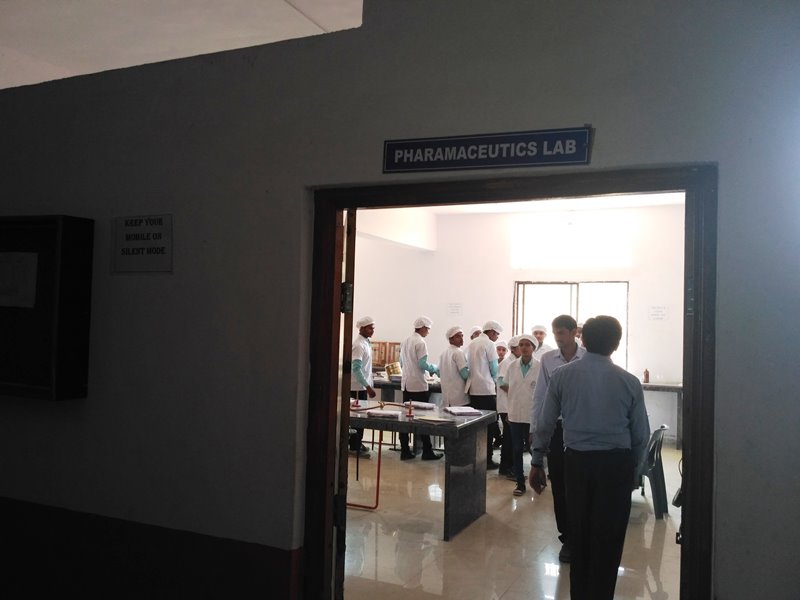
Career Prospects:
The increasing importance of drug delivery in the overall drug discovery and development process is widely appreciated in the pharmaceutical industry: delivery methods improve drug efficacy and safety, and provide new markets and extend drug patent lifetimes. Current therapeutic value emphasizes improving targeting of bio-active chemical species to specific sites of action. While easily stated, this is quite difficult to do experimentally, requiring multi-disciplinary teams of scientists strongly grounded in basic and applied sciences, engineering and medicine. Consequently, graduates of our Ph.D. program with a diverse scientific training and research skills are highly recruited.
Many graduates choosing industrial positions become involved in product development research, and apply their skills to solutions of commercial, practical, yet challenging problems across the pharmaceutical and biomedical device industry. Others select positions oriented more toward fundamental research with less emphasis on short-term product-oriented goals. Numbers of basic research positions in pharmaceutics are expanding rapidly as the pharmaceutical industry.
